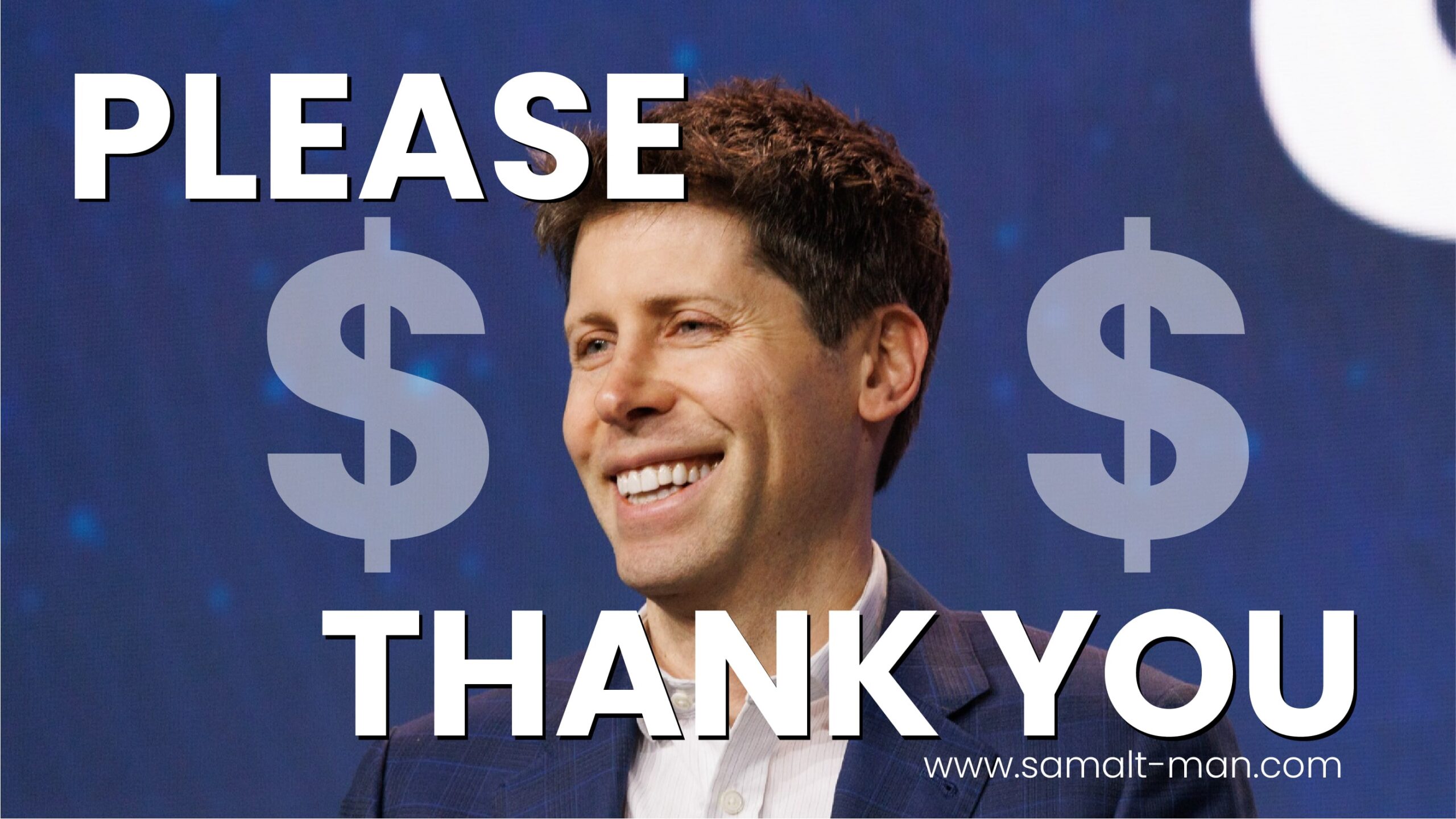
Saying ‘Please’ & ‘Thank You’ to ChatGPT Improve Responses? Sam Altman Says It Costs Millions!
The High Cost of “Please” and “Thank You” in AI Interactions
Recently, OpenAI CEO Sam Altman made a surprising revelation: common courtesies like “please” and “thank you” in ChatGPT prompts are costing the company millions of dollars.
In a response on X (formerly Twitter), Altman confirmed that these polite phrases increase processing efforts due to additional tokens, leading to higher operational costs. When a user jokingly asked how much money OpenAI has lost due to people being polite, Altman replied:
“Tens of millions of dollars well spent—you never know.”
This statement has sparked a debate: Is politeness worth the extra cost, or does it actually improve AI responses?
Does Being Polite to ChatGPT Get Better Results?
Interestingly, research suggests that politeness may influence ChatGPT’s responses. In one comparison:
-
A polite prompt (“Should I have pizza or tacos for dinner? Please help me decide.”) received a detailed response, including pros and cons for each option.
-
A direct prompt (“Pizza or tacos for dinner?”) got a shorter, more factual reply.
This indicates that politeness might encourage ChatGPT to provide more thoughtful and comprehensive answers.
The Hidden Cost of Extra Words in AI Prompts
While politeness may enhance responses, every extra word in a prompt increases computational load. Here’s why:
-
Token Processing – Each word (or token) requires computational power.
-
Higher Costs – More tokens mean more energy and server usage, increasing expenses.
-
Scaled Impact – With millions of users, small inefficiencies add up to massive costs.
Altman’s comment highlights the trade-off between user experience and operational efficiency in AI systems.
Should You Keep Saying “Please” and “Thank You” to ChatGPT?
Pros of Polite Prompts:
✔ More detailed responses – AI may prioritize helpfulness.
✔ Encourages positive human-AI interaction – Sets a good precedent for digital etiquette.
Cons of Polite Prompts:
❌ Higher processing costs – Adds to OpenAI’s expenses.
❌ Slower response times – More tokens mean slightly longer processing.
The Verdict:
If you want more nuanced answers, politeness might help. But if efficiency is key, keeping prompts concise could be better for both you and OpenAI’s servers.
Final Thoughts: Balancing Courtesy and Efficiency
While OpenAI absorbs the cost of politeness for now, users should consider whether detailed responses are worth the extra computational load. As AI evolves, finding a balance between human-like interaction and operational efficiency will be crucial.
What do you think? Should we keep being polite to AI, or is it better to keep prompts short? Let us know in the comments!







